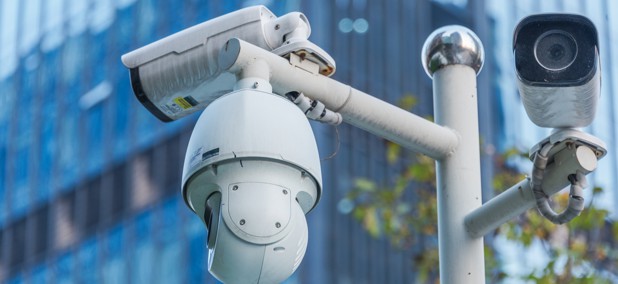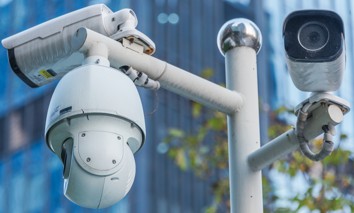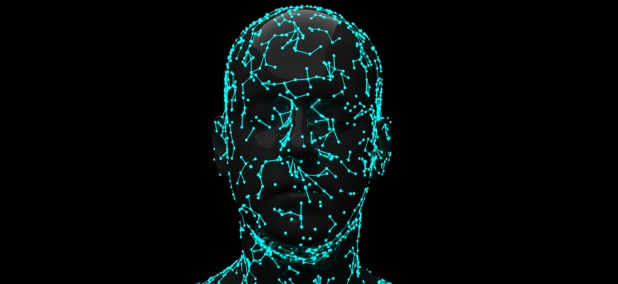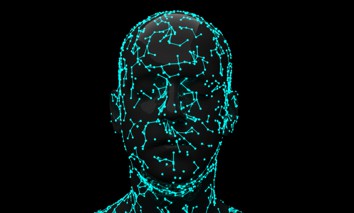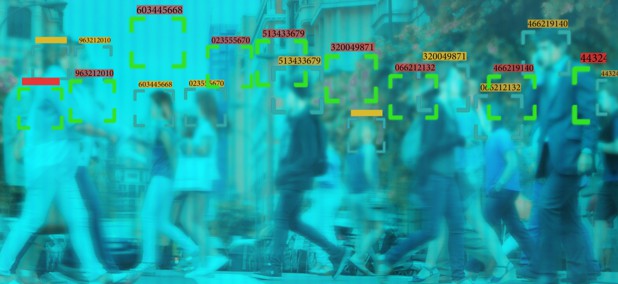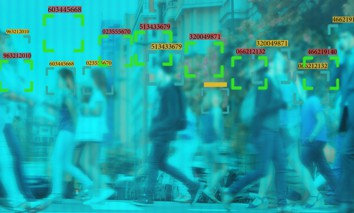Emerging Tech
New Tech Promises to Stop Drones from Overflying Stadiums — and Find the People Flying Them
Raytheon says its products helped police nab four flying drones over an outdoor concert.
Cybersecurity
CISA requests administrative subpoena power over ISPs
The proposal would allow government cybersecurity officials to legally request identifying information from internet providers about the owners of vulnerable systems
Cybersecurity
NSA official: 'Dumb' software supply chain attacks still prevalent
Vulnerabilities in the software supply chain may represent a larger cybersecurity threat over the long haul than threats to physical hardware.
Cybersecurity
DOJ Makes Another Plea for Encryption Backdoors
While officials have long framed end-to-end encryption as an impediment to fighting terrorism, the department is now focusing on its impacts on child sex abuse.
Modernization
US, UK reach CLOUD Act agreement
The agreement will cover a "broad class" of crimes and investigations, including a promise not to target each other's residents and assurances that exchanges are compatible with data protection laws.
Cybersecurity
Attorney General, DHS Secretary Call on Facebook to Build Encryption Backdoors
“Security enhancements to the virtual world should not make us more vulnerable in the physical world,” they said in a letter to CEO Mark Zuckerberg.
Modernization
Legacy Systems Held DHS' Biometrics Programs Back. Not Anymore.
The cloud-based HART system, which will house data on hundreds of millions of people, promises to significantly expand the department’s use of facial recognition and other biometric software, as well as its partnerships with external agencies.
Cybersecurity
Fighting Cyber Crime is Critical for National Security, Says Secret Service Chief
While election interference, espionage and power grid threats get all the attention, nation-states also lean on cyber criminals to conduct operations on their behalf, according to Director James Murray.
Emerging Tech
Six U.S. Cities Make the List of Most Surveilled Places in the World
A new report found that CCTV surveillance is increasing in certain areas of the U.S., with one city government watching its citizens from 35,000 cameras.
Ideas
In the Deepfake Era, Counterterrorism Is Harder
After failing to detect the 9/11 plot, spy agencies reinvented themselves for an age of terrorism, but a new generation of technological threats requires a new round of reforms.
Digital Government
Study: More than Half of Americans Trust Law Enforcement to Use Facial Recognition Responsibly
Pew Research Center’s study is the latest to conclude Americans are growing more comfortable with having their faces scanned.
Cybersecurity
Justice Indicts 80 People In International Nigerian Email Scam
The fraud ring—allegedly led by U.S.-based Nigerian nationals—was working $46 million in email, romance and other schemes when law enforcement pounced.
Artificial Intelligence
Military Scientists Harness AI To Fight Synthetic Opioids
A DIA group that scans millions of websites is overwhelming law enforcement with solid tips.
Cybersecurity
Coordinated Ransomware Attack in Texas Seen as Escalation From Prior Hacks
Twenty-three local governments were attacked over the weekend. The willingness of city governments to pay ransoms may be emboldening opportunistic hackers, security experts warn.
Digital Government
ICE extends Palantir's case management contract
Immigration and Customs Enforcement is sticking with Palantir's Gotham as its case management tool, and granted Palantir a three-year sole source extension to operate and service the system.
Emerging Tech
FBI Wants Tech to Track Social Media for Criminals and Terrorists Before They Act
Proposals from interested vendors are due later this month.
Emerging Tech
The Hidden Challenges in Police Use of Facial Recognition Technology
The Orlando Police Department ended its pilot program involving facial recognition technology this month, saying the agency was unable to devote the necessary resources to the program.
Ideas
The Arguments for Weakening Encryption Aren't Any Better Under Trump
Law-enforcement backdoors would still make everyone less safe, even as U.S. officials set their sights on broader access to data.
Cybersecurity
Barr Calls For An End to ‘Warrant-Proof’ Encryption
The attorney general railed against the tech during a speech in New York City, reinvigorating a debate that’s long rankled law enforcement officials and the tech community.
Digital Government









